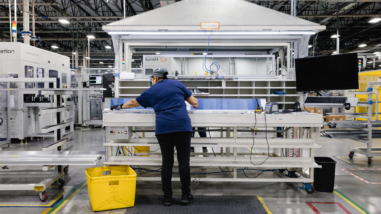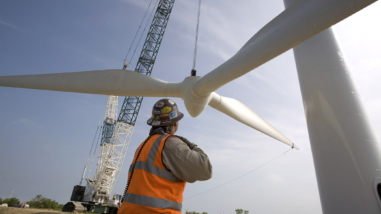SouthWest Organizing Project
For Latino Engagement On Climate And Clean Energy Policy In New Mexico
-
Amount$75,000
-
Program
-
Date Awarded11/12/2012
-
Term12 Months
-
Type of SupportProject
Strategies
About the Grantee
Grantee Website
www.swop.net/swop



